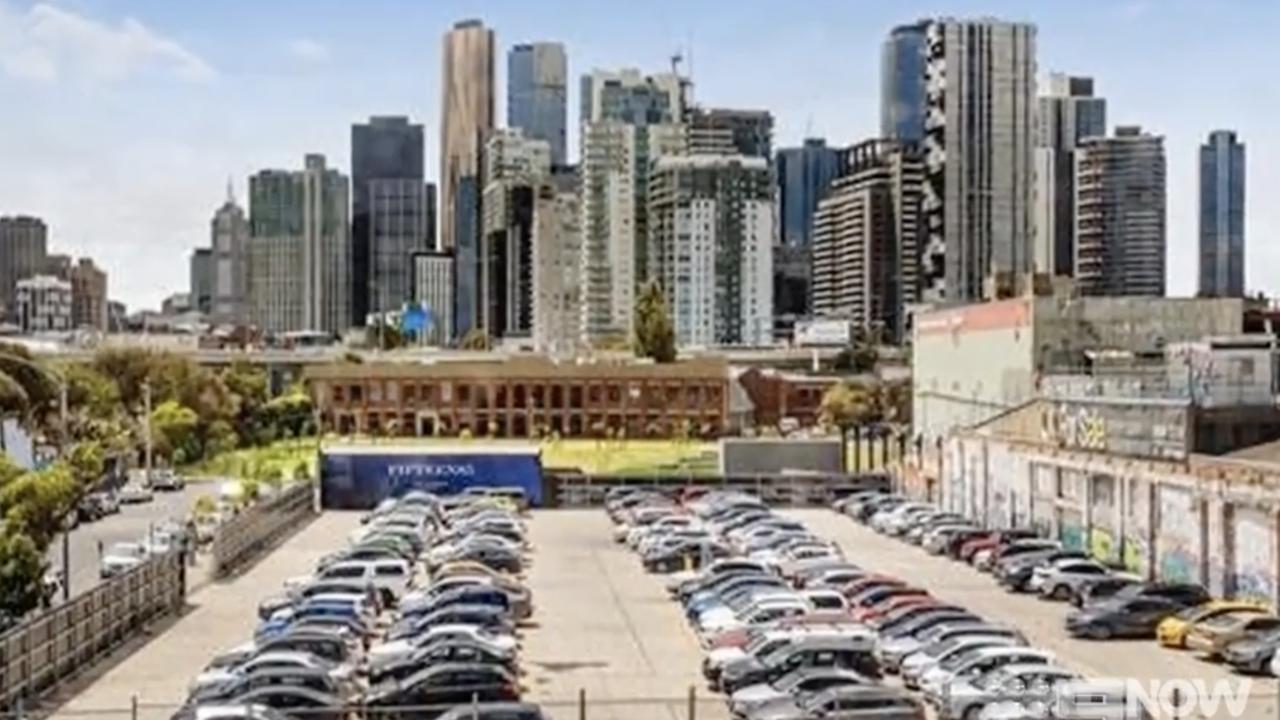Wooley: Fortunately we haven’t adopted the British appetite for violent protest ... yet
Luckily the English propensity for social and political violence hasn’t yet flourished in our sunny climes but it’s worth being well aware that it might, warns Charles Wooley.
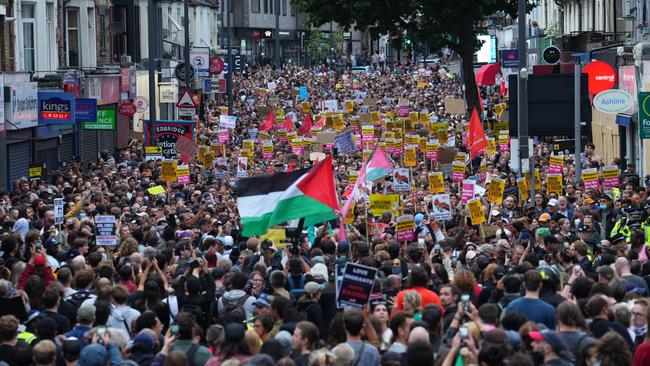
Opinion
Don't miss out on the headlines from Opinion. Followed categories will be added to My News.
It was unsettling to see rioting in British streets if only because we have a view of the Brits as a phlegmatic nation, so long suffering and patient they seem almost too slow to anger. The violence that recently erupted in more than a dozen cities across that country, including Liverpool, Leeds and Manchester, seemed to be uncharacteristic of what we misguidedly think of as the sensible and often overly-patient Brits.
Living there I observed the long passive queues at the post office or the butcher which would stretch from the counter often a hundred yards down the rainy street.
Impatiently I always felt this would generate public disorder back in Australia.
Endless delays on public transport, buses and trains arbitrarily cancelled by advisories on public address systems so distorted I had no idea what they said.
I could catch the name of my destination but after that the message was an indecipherable squawk.
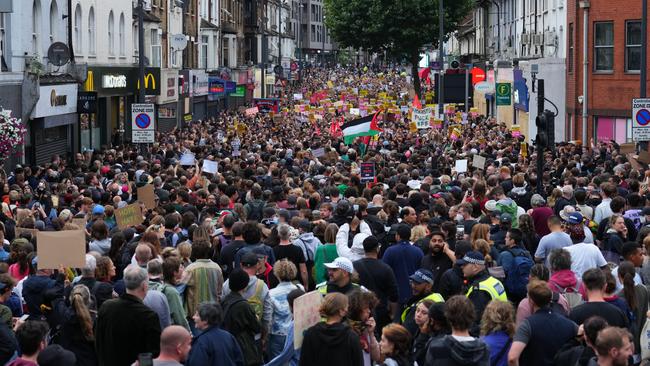
Only the foreigners reacted badly. The Brits assumed a fatalistic slump of suspended animation which told me I had missed the sign above the entrance to my tube station which read, “Abandon Hope All Ye Who Enter Here.”
Not just the English plumbing but everything in London drives some Australians to distraction. Hike into town to buy a computer in a big Oxford St store only to be told by a bored member of staff, “Sorry, the person who runs this section is off today.”
“But can you just show me the new Samsung?”
“No, sorry it’s not my job.”
In my experience Australians fulminate while the Brits just shrug it off and head back to queue for another delayed train home.
Despite those small irritations I always found that for most Australians, Britain feels like a home away from home. And apart from the fact that nothing works there, we mostly love the joint and find it charming.
But we were reminded last week that the UK is more than cheerful pubs, thatched cottages and the changing of the guard. That beyond the rolling hills and the gorgeous somnolent villages of the Cotswolds there lies a much wilder place.
Britain can erupt into violence with a level of ferocity completely unknown to us in Australia. That’s despite our sharing of language, political institutions and culture.
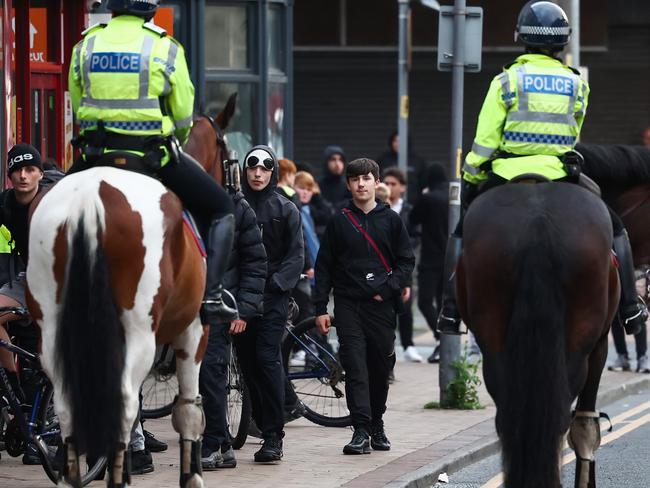
As well as a fair dollop of their DNA.
Fortunately, the British propensity for social and political violence hasn’t yet flourished in our sunny climes but it’s worth being well aware that it might.
In Australia, immigration is often blamed for the housing and cost-of-living crisis and is shaping up as a major political issue in the next federal election. In Britain it was anti-immigration protests organised by far-right groups that quickly grew into the recent pitched violence across the land.
It all began after three children were killed and eight wounded at a dance class near Liverpool. The perpetrator, a knife-wielding teenager of Rwandan parents was born and raised in Britain, but social media was rife with the news that he was an undocumented immigrant.
Truth and facts didn’t matter. These were riots just waiting to happen. And in Britain this week commentators have been reflecting that rioting is actually deeply ingrained in the British character. The mob has always played a role in British history especially before the development of democracy. Riots and public misbehaviour were once the only way for the population to signal its discontent. Sometimes with positive results.
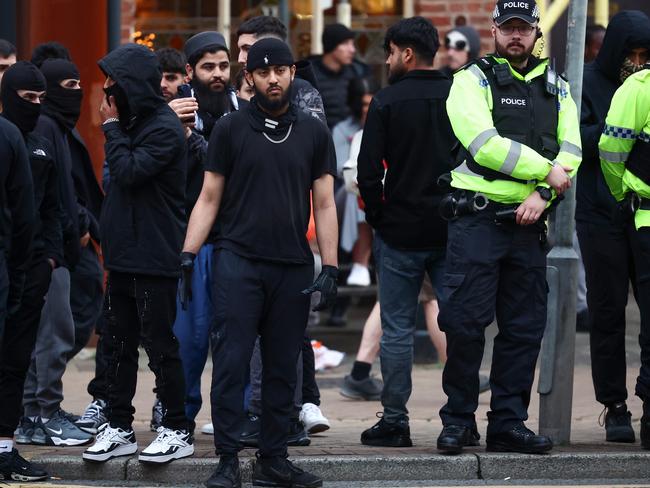
The Peasants’ Revolt in 1381 over ruinous taxes resulted in the end of serfdom or unfree labour in England, centuries before its abolition in Europe.
The peasants revolted again in 1480 over the enclosure of common grazing land.
They tore down fences and uprooted hedgerows and accordingly were described as “levelers”.
Then in 1811 in Nottingham skilled textile workers, known as Luddites, rioted against the introduction of machinery. They helped give the word sabotage to the language by throwing wooden shoes ‘sabot’ into the weaving machinery to destroy it.
Those protests grew increasingly violent until the authorities arrested and transported many offenders to Van Diemen’s Land. One of them was Thomas Burbury, sent here in 1832 for burning down a textile factory.
He did well for himself in this new world. He was soon employed as a copper at Oatlands where he captured sheep stealers and bushrangers. He became a prominent Midlands’ grazier and his descendant Sir Stanley Burbury was the first Australian-born governor of Tasmania.
And there perhaps lies the hope that we might escape the English propensity for public disorder and violence. For centuries the British had to fight repressive regimes for every painful inch of social and political improvement. We had our freedom and our democracy handed to us without a fight. We might hope that the repressive class system which bred so much grievance in England has less sway in a nation where immigrants and refugees can share success and where the great grandchild of a riotous convict can end up running the show.
Way back in a distant world I well remember Sir Stanley Burbury’s visit to the North Launceston Juvenile Detention Centre – aka Mayfield Primary School. After he addressed the assembled inmates the Governor kindly gave us imprisoned wretches the rest of the day off.
From rioter to liberator in just three generations.
We cheered him loudly.
Charles Wooley is a Tasmanian-based journalist.


